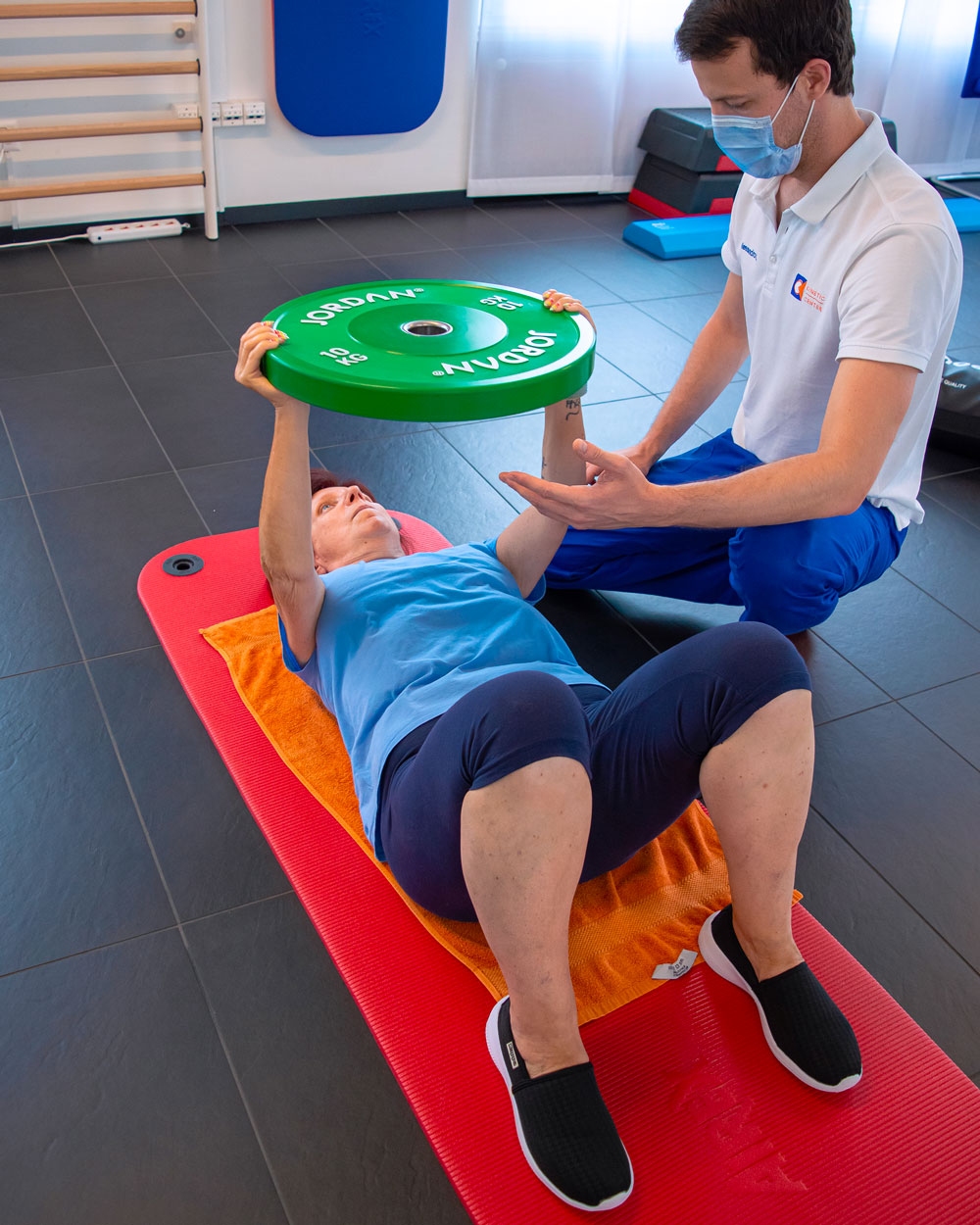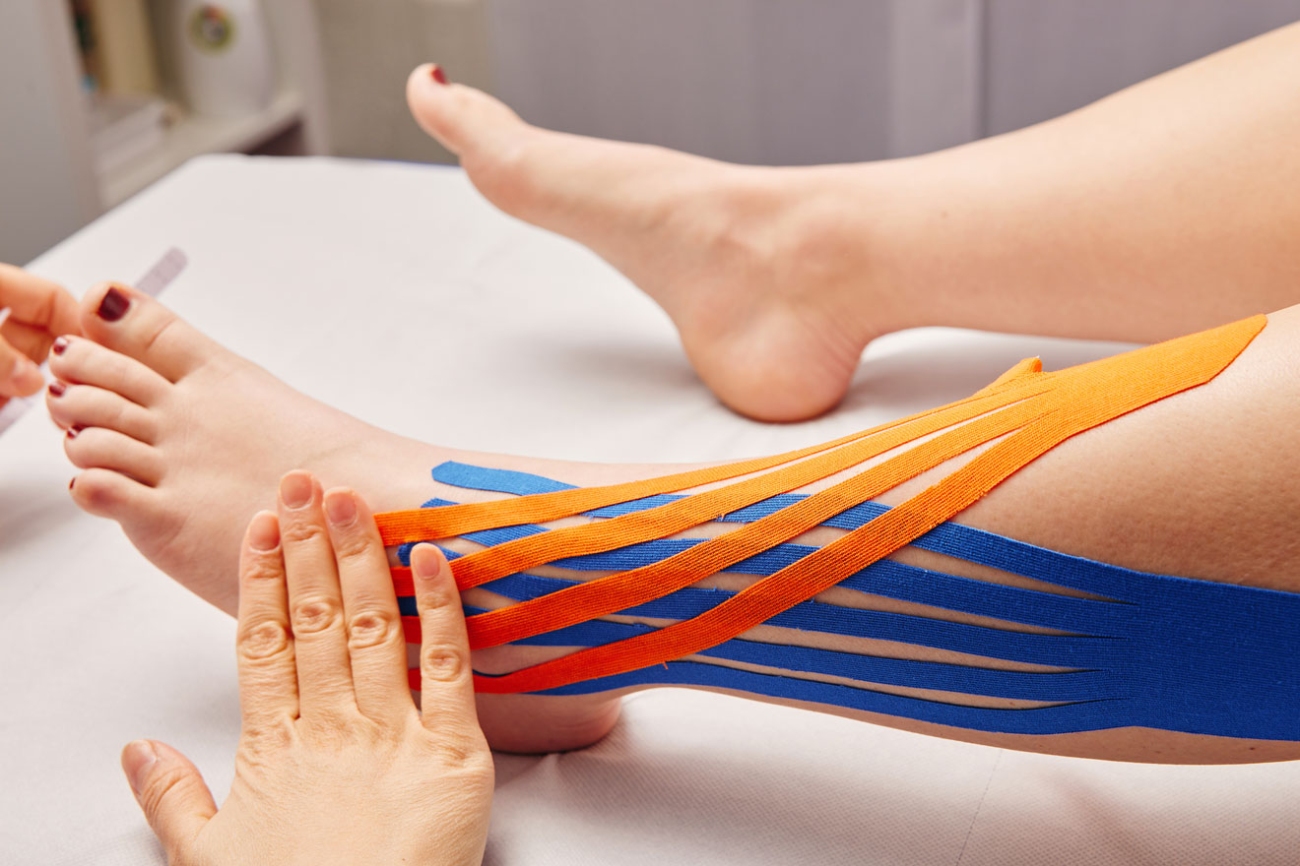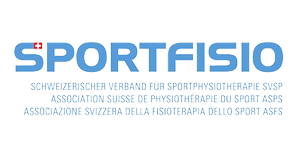Physiotherapy during Pregnancy
Pregnancy involves significant, sudden, and profound changes, both physically and emotionally, which need to be managed effectively to ensure the health of both the mother and the baby. The expectant mother's body adapts to new physiology and physicality, necessitating adjustments in habits, behaviors, and lifestyle.
Physiotherapy treatments during pregnancy are conducted in the utmost safety, excluding electromedical equipment, and address all specific issues: venous stasis and swelling of the lower limbs, cervical pain, lumbar pain, sciatica, pelvic floor dysfunctions, and respiratory difficulties.
Physiotherapy allows the expectant mother to face pregnancy with awareness and serenity, relying on specialized figures to provide help and support both during the preparation for childbirth and the post-partum phase.
Pregnancy treatments
- Manual Lymphatic Drainage: A draining and relieving massage that aids superficial and deep lymphatic circulation, providing a pleasant sense of lightness.
- Gentle Joint Mobilization, Massage Therapy, Postural Gymnastics, and Stretching: Therapies performed on the spine, pelvis, and muscle components to reduce contractions and lumbar-sacral pain and sciatica, or aimed at enhancing breathing if focused on the upper chest.
- Application of Kinesio Tape: Colored and non-medicated adhesive tapes applied specifically to provide support, both at the spine and belly levels, or for draining purposes on the lower limbs.
- Pelvic Floor Rehabilitation: Specific exercises that strengthen the perineal muscles.
The Benefits of Physiotherapy in Pregnancy
-
Helps maintain good overall joint and muscle elasticity
-
Allows the body to adapt as best as possible to the evolving state of pregnancy month by month
-
Increases awareness of one's body and perineum
-
Prevents complications during childbirth by strengthening the muscles and ligaments of the pelvic floor to reduce the incidence of tears and episiotomies
-
Reduces the risk of postpartum urogenital issues (e.g., urinary incontinence, fecal incontinence, or pelvic organ prolapse)
Our therapists for
Physiotherapy during Pregnancy
Carlotta Paredi
Orthopaedic physiotherapist and Therapeutic Pilates instructor.
Laura Franco
Pelvic Floor Physiotherapist, nature lover
Martina Tentori
Orthopedic and Neurological Physiotherapist
Carolina Magni
Home Physiotherapist, traveling photographer
Luca Caporale
Medical Masseur and Complementary Therapist, lover of TV series
Martina Lasorsa
Massage Therapist and Complementary Therapist
























